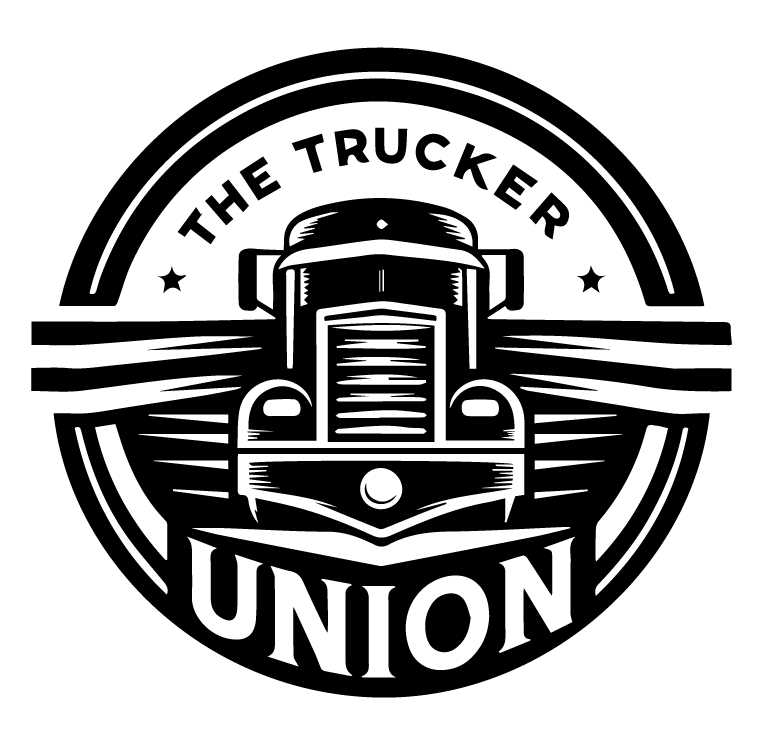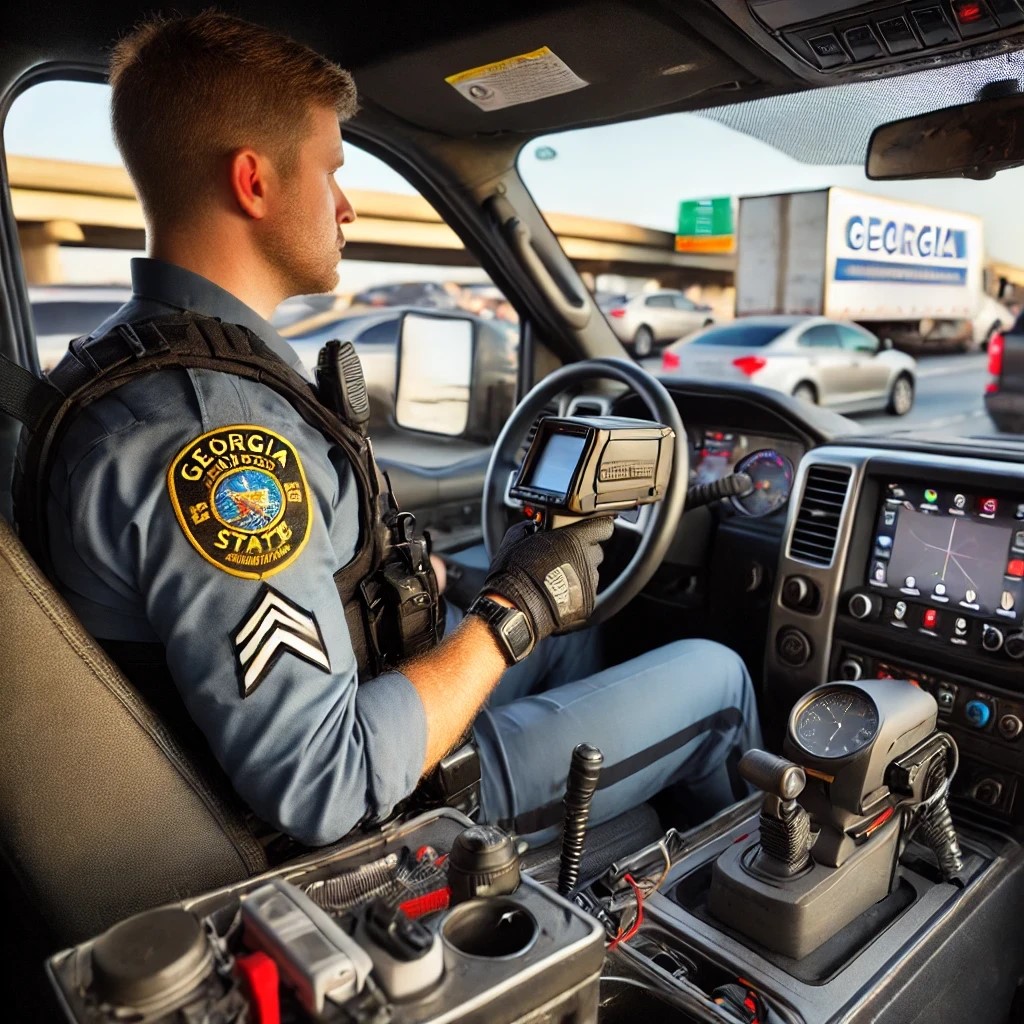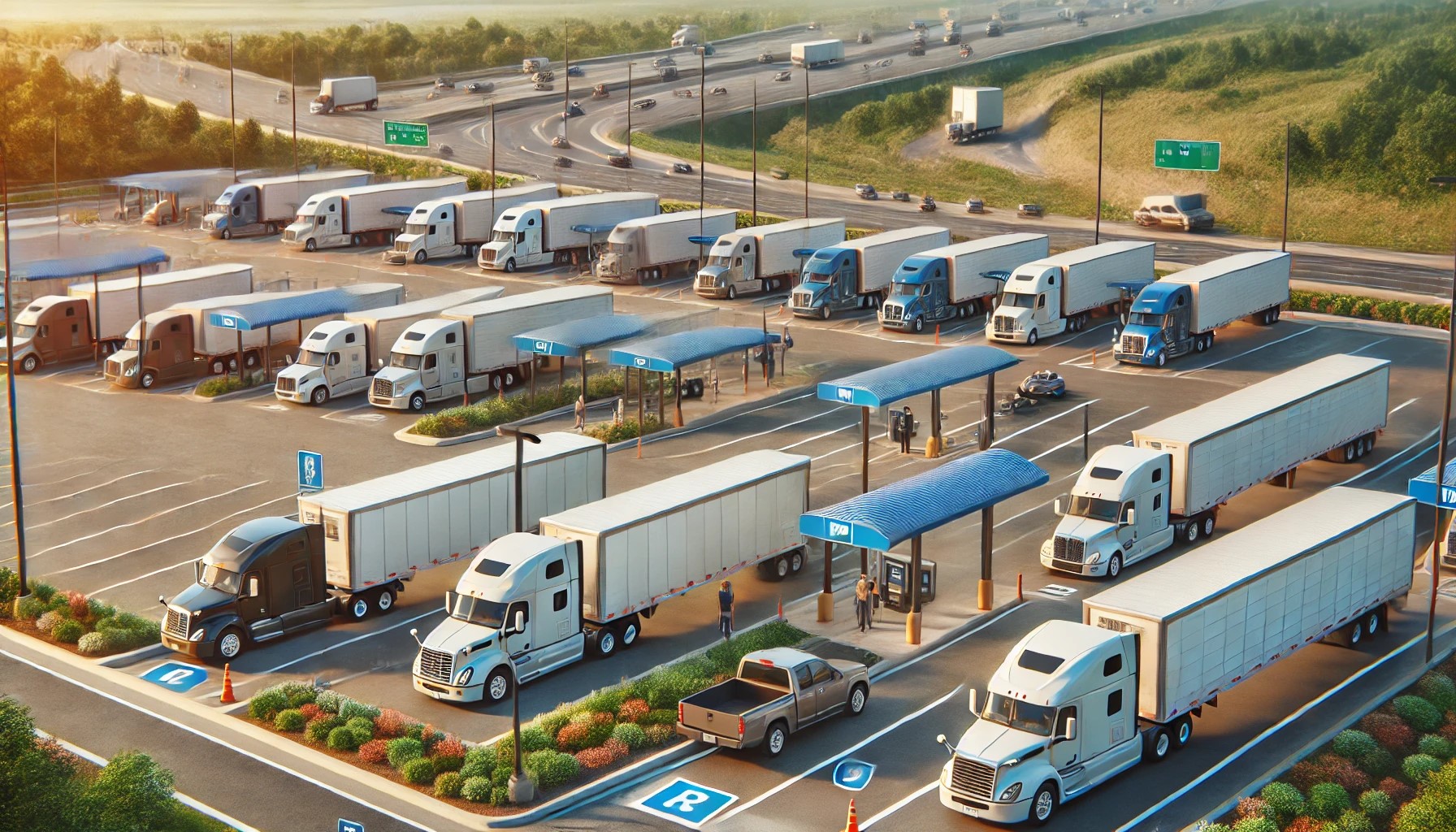
The trucking industry has been grappling with the increasing frequency and magnitude of nuclear verdicts, which are jury awards exceeding $10 million. These verdicts not only pose significant financial risks but also highlight systemic issues within the industry and the legal landscape. Recent high-profile cases against Werner Enterprises, Schneider National, and CH Robinson illustrate the profound impact these verdicts can have on carriers and brokers alike.
Notable Nuclear Verdicts
-
Werner Enterprises:
- In a 2019 case, a New Mexico jury awarded $40.5 million to the family of a woman killed in a crash involving a Werner student driver. The verdict pointed to inadequate training and operational oversights as key factors contributing to the accident.
- Another significant case in 2018 resulted in a nearly $90 million verdict against Werner, following a fatal crash where icy road conditions played a critical role. The case emphasized the need for better decision-making protocols during adverse weather conditions.
-
Schneider National:
- In 2024, Schneider National faced a $47 million verdict after a crash that resulted in the death of an owner-operator. The case underscored the critical importance of driver experience and proper vehicle operation during complex traffic situations.
-
CH Robinson:
- Although specific details on a recent nuclear verdict against CH Robinson are less prominent, the company has been part of discussions regarding the broader implications of such verdicts on freight brokers. These discussions typically focus on the liability and safety standards expected from brokers in managing and overseeing freight operations.
Implications for the Industry
Increased Operational Costs: Nuclear verdicts often lead to higher insurance premiums and operational costs for trucking companies. These costs can strain smaller operators and potentially drive them out of business.
Enhanced Safety Protocols: To mitigate the risk of such verdicts, companies are investing in better training programs, advanced safety technologies, and stricter compliance measures. This proactive approach aims to enhance safety and reduce the likelihood of accidents.
Legal and Regulatory Reforms: There is a growing call for tort reform to address the disproportionate impact of nuclear verdicts on the trucking industry. Advocates argue for balanced legal standards that protect public safety without imposing untenable burdens on carriers and brokers.
Reputation and Public Perception: High-profile cases often damage the reputation of the companies involved, affecting customer trust and business relationships. Maintaining a positive safety record and demonstrating a commitment to rigorous safety standards are crucial for rebuilding trust.
Strategic Litigation Management: Companies are adopting more sophisticated litigation strategies, including thorough witness preparation and better risk assessment models. Understanding jury psychology and preparing for the emotional appeals used by plaintiffs’ attorneys can make a significant difference in the outcome of these cases.
The Future Landscape
As the industry navigates these challenges, the emphasis will be on developing comprehensive safety and training programs, advocating for fair legal standards, and leveraging technology to enhance operational safety. The outcome of ongoing and future cases will shape the legal and operational framework within which the trucking industry operates.
For more in-depth insights, you can read the full articles on Transport Topics, FreightWaves, and Insurance Journal.












